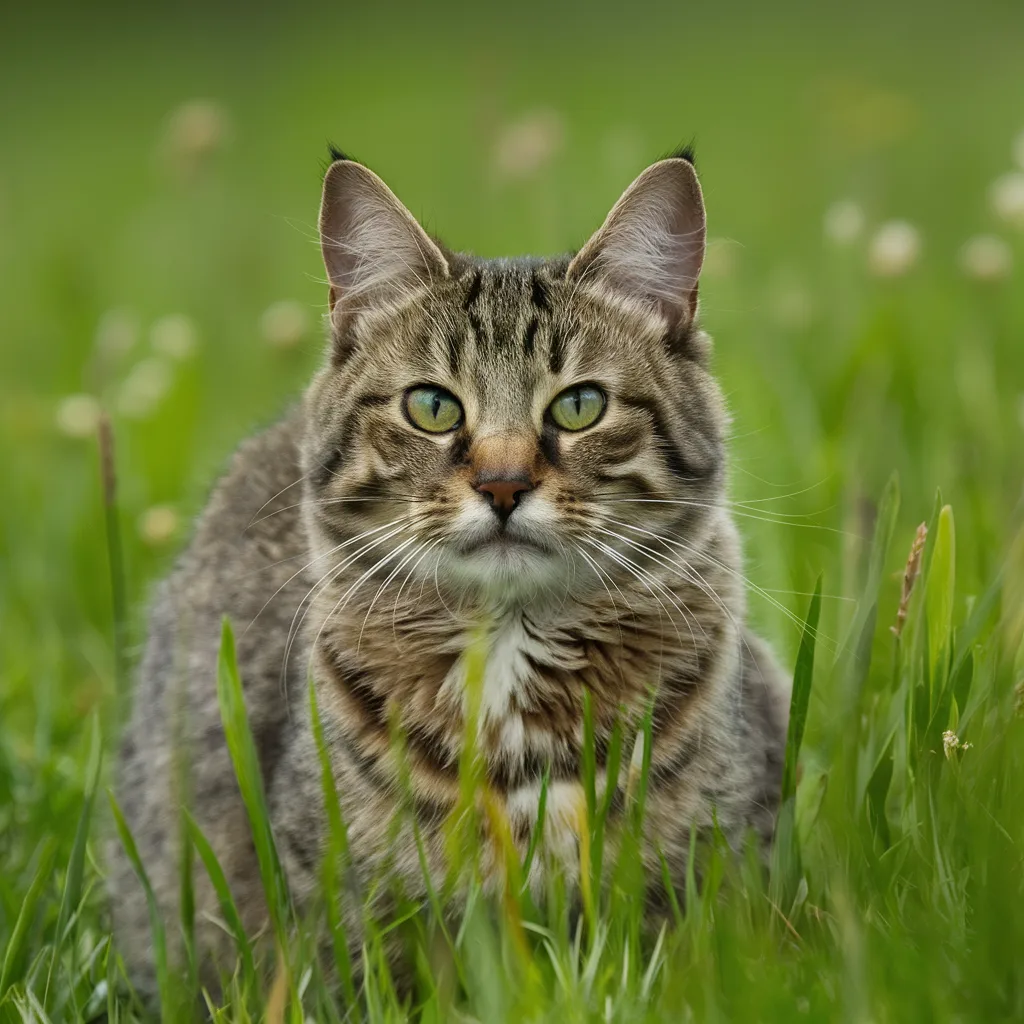Feline Frenzy: Understanding How Often Cats Go into Heat

Cats are known for their independent nature, but when it comes to mating season, their behavior can change dramatically. Understanding how often cats go into heat is essential for any cat owner. Let’s delve into the fascinating world of feline reproduction and explore the ins and outs of cat heat cycles.
What is a Cat Heat Cycle?
A cat’s heat cycle, also known as estrus, is the period when a female cat is receptive to mating. During this time, she may exhibit behaviors such as yowling, restlessness, and increased affection toward humans or objects.
How Often Do Cats Go into Heat?
Cats are known as “seasonally polyestrous,” which means they can go into heat multiple times a year. The frequency of heat cycles can vary depending on factors such as breed, age, and environmental conditions. On average, cats go into heat every 2 to 3 weeks, but this can range from every 1 to 6 weeks.
Signs of a Cat in Heat
- Vocalization: Increased yowling and meowing, often at night.
- Behavioral Changes: Restlessness, pacing, and seeking attention.
- Physical Changes: Swollen or reddened genitals, increased grooming of the genital area.
How Long Does a Cat Stay in Heat?
A cat’s heat cycle typically lasts about 4 to 10 days, but this can vary. If the cat does not mate during this time, she may go into heat again after a short break.
Preventing Unwanted Pregnancies
If you’re not planning to breed your cat, it’s essential to spay her to prevent unwanted pregnancies. Spaying not only prevents pregnancies but also reduces the risk of certain health issues, such as uterine infections and mammary tumors.
Conclusion
Understanding your cat’s heat cycle is crucial for providing proper care and preventing unwanted pregnancies. By recognizing the signs of heat and taking appropriate measures, you can help ensure your feline friend stays healthy and happy. If you have any concerns about your cat’s heat cycle or reproductive health, consult your veterinarian for advice.



